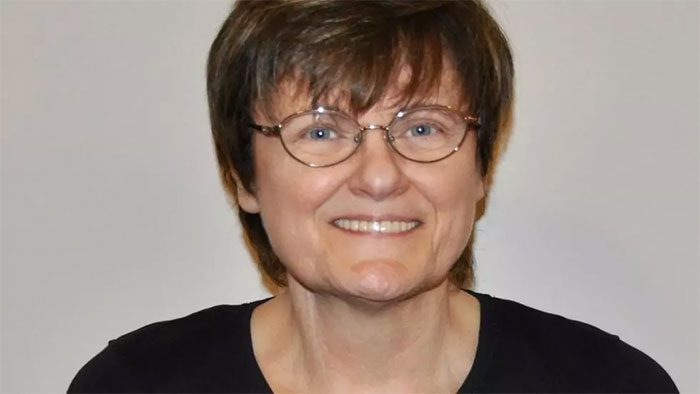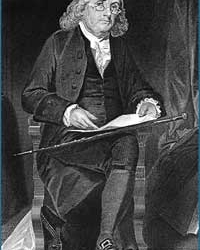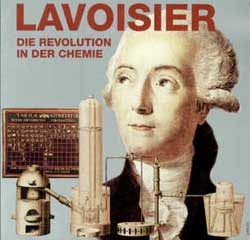The life of Katalin Kariko has not been easy, but it is a story of unconditional faith in an idea that could change the world.
Katalin Kariko, a woman who was once ridiculed, often faced obstacles, and frequently lost her job, has a history filled with failures and hardships. Today, she is regarded as one of the inventors of mRNA technology, which led to the development of the most advanced Covid-19 vaccine in the world.
What is mRNA Technology?
The mRNA vaccine is the most anticipated Covid-19 vaccine. The U.S. Food and Drug Administration (FDA) has been a pioneer in quickly approving this type of vaccine.
Compared to traditional technology, mRNA promises to be more effective, faster, safer, and with fewer side effects; the difference can be likened to that between a motorcycle and a private jet.

Katalin Kariko.
The concept of mRNA is taught in the 9th grade, where biology lessons explain that mRNA serves to convey information that dictates the structure of proteins.
The letter m = messenger = information.
To simplify, one can imagine the process of synthesizing each protein in the human body as solving a complex equation, with mRNA acting as the notebook of mathematical formulas.
If humans can create a vaccine in the form of synthetic mRNA, when injected into the body, mRNA will disguise itself like a “thief” sneaking in without awakening the “homeowner”; it quietly builds a defense system of antibodies, so when a virus attacks, it will be destroyed by that system.
mRNA Drives and Haunts Katalin Kariko
Katalin Kariko is obsessed with mRNA; she understands that this is a very special type of RNA that holds the secrets to producing billions of proteins in the human body. Theoretically, science can control mRNA to create targeted proteins, making it the most powerful weapon against a multitude of diseases.
However, that was just theory. Understanding of mRNA in the 1980s was still very limited. In principle, when mRNA is injected into the human body, it is considered a foreign substance, and immediately the body’s defense system will destroy it before mRNA can perform its functions. This means that no matter how cleverly disguised the mRNA vaccine is, it is still a “thief”; upon entry, it will awaken the “homeowner” to capture and eliminate it. More seriously, the human body fights against the “thief” with an instinctive strength that can cause severe immune reactions, posing a risk of death.
After many failures, most scientists gave up, and no one cared about mRNA anymore; the knowledge lay dormant in the pages of 9th and 10th-grade biology textbooks, only to be regurgitated by students in boring exams.
Katalin Kariko did not lose heart; she continued her research. Her efforts were rewarded when her work caught the attention of two young companies, Moderna (Canada) and BioNTech (Germany), and later, the giant Pfizer (USA) decided to invest in producing Covid-19 vaccines using mRNA technology. This was likened to winning a ticket to travel to Mars.
The mRNA technology will not stop at vaccine production; in the near future, a series of “epidemics” such as cancer, stroke, and other severe diseases are also expected to be “settled.”
The Ups and Downs of Katalin Kariko’s Life
Katalin Kariko was born on January 17, 1955, in Szolnok (Hungary), in a thatched house without modern amenities, but filled with the love of family. She inherited her father’s passion for biology, who worked as a butcher, and her mother’s perseverance in research, who was an accountant, and was inspired by her teachers at school.
Due to her family’s financial struggles, Katalin Kariko dedicated herself during her university years, earning a scholarship from the People’s Republic of Hungary, the most prestigious scholarship at the time. She continued her studies to earn a PhD and then worked at the biological research center of the Hungarian Academy of Sciences in Szeged.
Katalin Kariko pursued mRNA technology, a field that required significant financial investment. Hungary in the 1980s was one of the most open countries in the former Soviet bloc, but it lacked the funds to support large-scale research.
Kariko lost her job at the age of 30. Initially, she sought work in Europe, but no one would hire her because she had no significant scientific achievements.
On a fateful afternoon in 1985, Katalin Kariko and her husband left Hungary with their two-year-old daughter, seeking a way to the United States. Their only valuable asset was an old car, which they sold on the black market for 900 British pounds. To smuggle that money, Katalin had to cut open her daughter’s teddy bear, stuff the 900 pounds inside, and sew it back up.
In the early days in the U.S., Katalin Kariko was hired at Temple University, but soon her team was disbanded due to lack of funding. In 1989, she worked in the pharmacology department at the University of Pennsylvania. Although she was a tenured professor, this was the most challenging time, with a very low salary and no one believing in her. Things worsened in 1995 when Kariko received no funding, could not find a project, and the University of Pennsylvania decided to fire her.
That was a terrible time. The room Katalin Kariko lived in leaked during every evening rain. She had just been diagnosed with cancer while her husband was in Hungary and could not come to the U.S. due to visa issues. The work she had dedicated so much time and effort to seemed to be slipping away.
“I started to doubt that maybe I wasn’t good enough, that I wasn’t smart. I tried to tell myself that everything was here; I just needed to conduct better experiments,” Katalin Kariko said.
A Turning Point
In 1998, Katalin Kariko finally received her first grant of $100,000.
Strangely enough, that year she also met the man of her life. It was a fateful afternoon when Katalin was photocopying documents and met Drew Weissman, a new colleague who had just transferred from the National Institutes of Health.
While waiting, Katalin Kariko shared her idea of creating mRNA with Weissman. Immediately, Weissman saw in front of him an invaluable asset. He decided to invest and collaborate with Katalin Kariko, determined to develop mRNA technology in the field of biomedical science.
In 2005, the weakened module version of mRNA was born. After reading the research, Derrick Rossi, a Canadian stem cell expert who was a graduate student at Stanford University, was astounded. The time had come. Recognizing a chance for a highly profitable business, Rossi quietly sought investment, founding a small company named Moderna.
In Germany, a new research group also discovered the potential of Katalin Kariko, leading to the establishment of the new company BioNTech, based in the U.S. In 2013, BioNTech hired Katalin Kariko as a senior mRNA expert.
Moderna and BioNTech had not achieved much until 2020 when the Covid-19 pandemic broke out, prompting Moderna to accelerate the production of vaccines using mRNA technology, and BioNTech, with billions of dollars invested by Pfizer, was determined to turn Katalin Kariko’s idea into reality.





















































